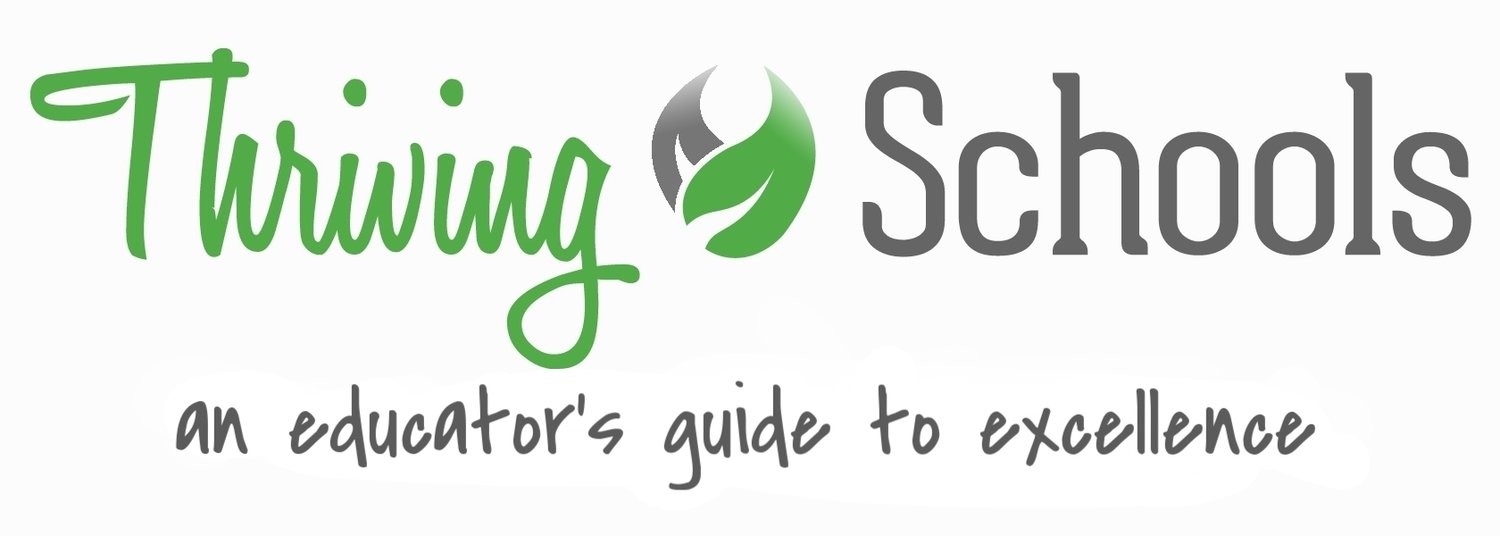Important vs. urgent: Stephen Covey at school
/Stephen Covey was an influential writer, businessman, and expert on management policy. His book, The 7 Habits of Highly Effective People, has sold more than 25 million copies worldwide (in fact, you probably have one of them). But in our daily effort just to survive, chances are we’ve let much of its advice fall by the wayside.
For now, let’s focus our attention on just one tool from the book – his time management matrix. As we’ll see, if we fail to schedule time for what’s truly important to the growth of our schools, we end up being overwhelmed by a seemingly limitless number of responsibilities.
Read More
